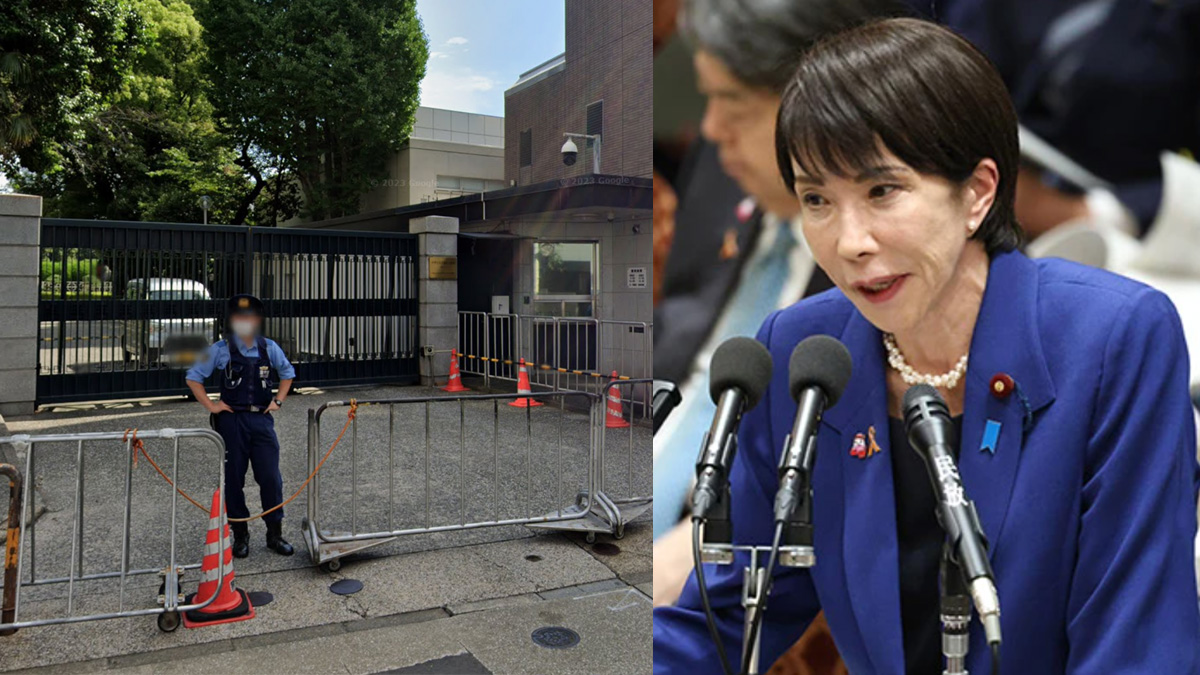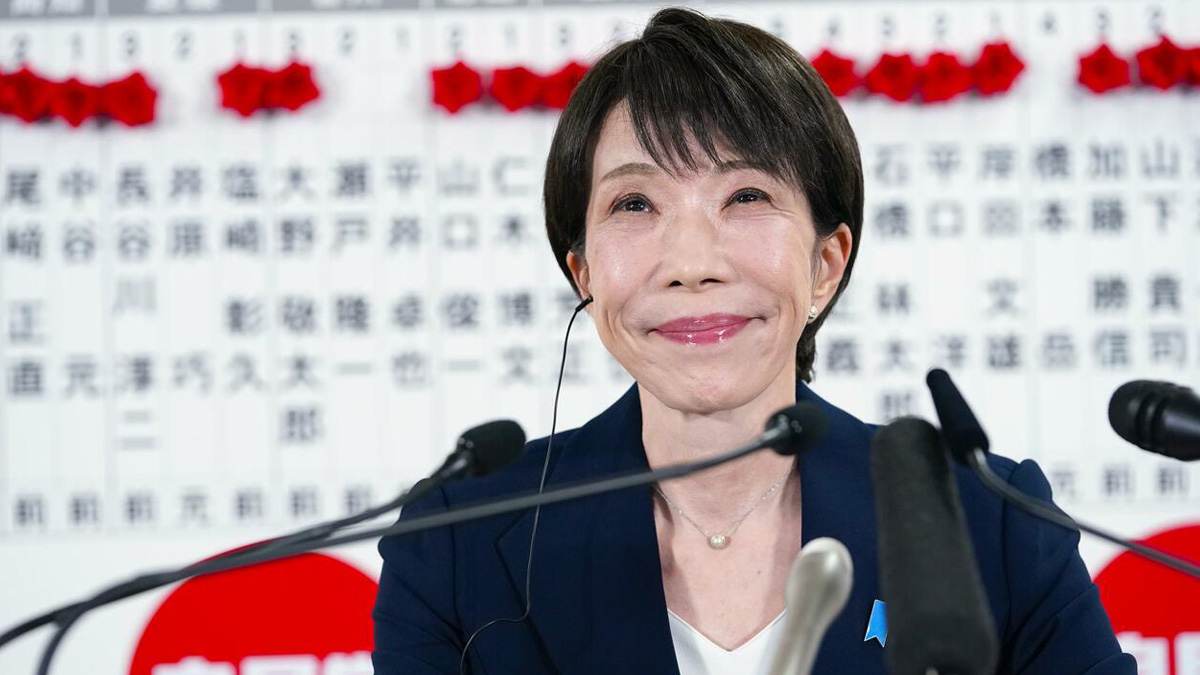Sanae Takaichi vows to rethink Japan’s population policy from zero, cautious on foreign influx
Japan’s first female Prime Minister, Sanae Takaichi, has pledged to rebuild population and immigration policy “from zero,” emphasising careful management of foreign workers amid labour shortages and public unease.

- Sanae Takaichi, sworn in on 21 October 2025 as Japan’s first female Prime Minister, has pledged to reassess population and immigration policies “from zero.”
- Her stance has reignited debate over labour shortages, immigration control, and Japan’s ageing population.
- Critics have described parts of her rhetoric as hardline or xenophobic, while supporters say she aims to balance openness with social stability.
JAPAN: Sanae Takaichi, sworn in as Japan’s first female Prime Minister on 21 October 2025, has pledged to overhaul Japan’s population and immigration policies “from zero.”
Her earlier campaign speech, delivered at the Liberal Democratic Party (LDP)’s policy presentation on 22 September, has resurfaced online, sparking widespread discussion over her approach to foreign residents and Japan’s future demographic direction.
In her speech, Takaichi expressed gratitude for foreign visitors and workers but emphasised the need for caution in expanding immigration.
“We must start from zero” — Takaichi’s population stance
She warned that a hasty influx of foreigners could cause “harshness” in society and urged for policies built on “mutual understanding and compassion.”
However, she also criticised what she described as distortions of “fairness and justice” due to increased numbers of foreigners, citing police difficulties in handling non-Japanese suspects without interpreters.
Following her swearing-in, Takaichi reaffirmed her stance at the House of Representatives on 24 October, stating that Japan’s “biggest problem is population decline.”
She announced plans to establish a system to review measures addressing this decline, including child and family support policies.
Labour shortages and reliance on foreign workers
While acknowledging the need for foreign labour to address shortages, she maintained that the government would enforce rules strictly to prevent illegal or unfair practices.
“While we draw a line at xenophobia, the government will respond firmly to such behaviour,” Takaichi said.
“We will strengthen the government’s control tower function and demand compliance with existing rules, while also considering the nature of rules such as land acquisition.”
Takaichi also announced the appointment of a new minister tasked with overseeing demographic and immigration matters, signalling an institutional restructuring to consolidate population policy management.
Japan’s population peaked at around 128 million in 2008 and has steadily declined to approximately 124 million today.
Projections by national authorities indicate it may drop to 87 million by 2070 and 63 million by 2100.
The country faces dual pressures: a shrinking workforce and an ageing population, with rising pension and healthcare costs.
The fertility rate reached a record low of 1.15 last year, far below the replacement level of 2.1.
Sectors such as education, healthcare, and caregiving already face acute labour shortages, with rural regions particularly affected.
Takaichi’s remarks have drawn scrutiny both domestically and abroad.
During her leadership campaign, she linked certain tourism issues to misconduct by foreigners, referencing unverified reports of tourists mistreating deer in Nara Park.
Critics have labelled these statements as xenophobic, suggesting they play into nationalist sentiment within the LDP’s conservative base.
Her broader policy proposals, including restrictions on foreign property ownership and comments implying that Chinese nationals in Japan might act as spies, have prompted concern among rights advocates and neighbouring countries.
Observers argue that such rhetoric risks alienating foreign residents at a time when Japan’s economic sustainability depends increasingly on migrant labour.
Despite this, supporters within the LDP view Takaichi’s assertive approach as a necessary step to address Japan’s demographic crisis.
Political analysts note that her success will depend on balancing national security and social cohesion with the pragmatic need for international labour and openness.







